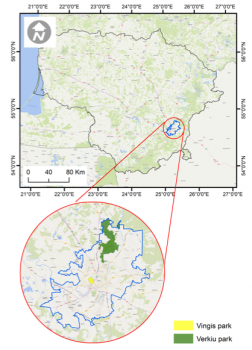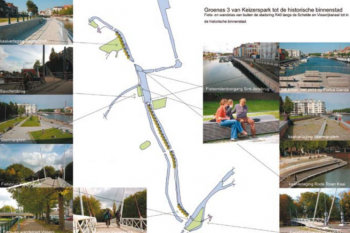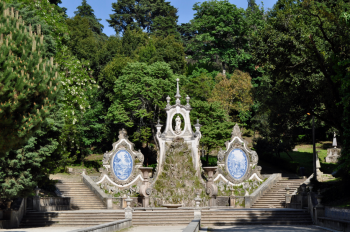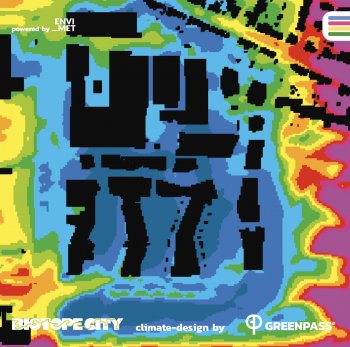GIZ ValuES - Cost-benefit-analysis of the Bala dam proposal, Bolivia
There were plans for a huge dam for hydro-electric energy production, mainly for export. The study was designed as a standard Cost-Benefit Analysis (CBA), including environmental costs and distributional impacts. Cost-benefit-analysis was used to assess the value of the project because it is a widely accepted framework and can combine diverse secondary data about the expected consequences. Despite time pressure and relatively poor data availability, conservative estimates about investment costs, likely returns and environmental damage (along with associated loss of natural assets and...




